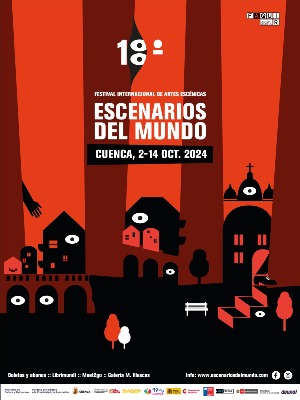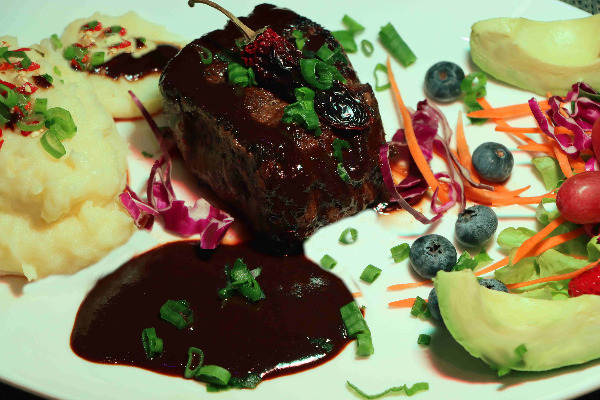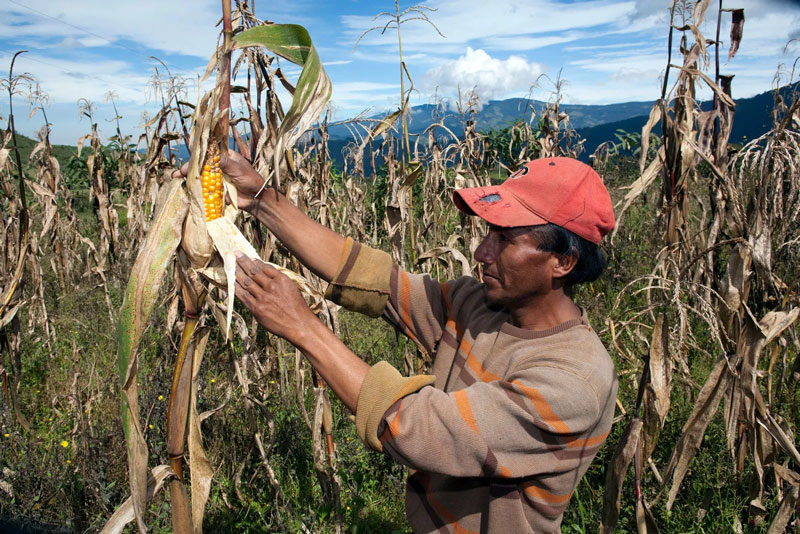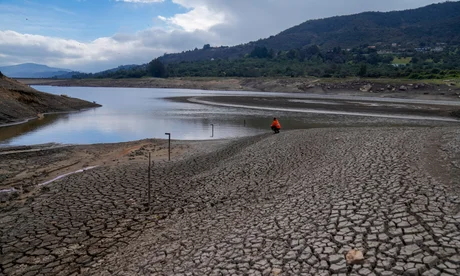Your unvaccinated kid is much safer than a vaccinated grandma

By David Leonhardt
Emily Oster, an economist at Brown University who frequently writes about parenting, published an article in The Atlantic in March that made a lot of people angry. The headline was, “Your Unvaccinated Kid Is Like a Vaccinated Grandma.” The article argued that Covid-19 tended to be so mild in children that vaccinated parents could feel comfortable going out in the world with their unvaccinated children.
going out in the world with their unvaccinated children.
Critics called the article insensitive and misleading, saying it understated the risks that children could both get sick and spread the virus. Oster responded on her website with a note standing by her main argument but apologizing particularly for the headline’s lack of nuance. Her critics seemed somewhat vindicated.
Seven months later, with a lot more Covid data available, the debate over the article looks quite different.
Oster is the one who has largely been vindicated. If anything, subsequent data indicates she did not go far enough in describing the age skew of Covid. Today, an accurate version of her headline might be: “Your Unvaccinated Kid Is Much Safer Than a Vaccinated Grandma.”
I recognize that may sound hard to believe, so let’s look at some data. Here are hospitalization rates by both age and vaccination status in King County, Wash., which includes Seattle and releases some of the country’s most detailed Covid data.
As you can see, the risks for unvaccinated children look similar to the risks for vaccinated people in their 50s.
 Nationwide statistics from England show an even larger age skew. Children under 12 (a group that’s combined with teenagers in this next chart) appear to be at less risk than vaccinated people in their 40s if not 30s.
Nationwide statistics from England show an even larger age skew. Children under 12 (a group that’s combined with teenagers in this next chart) appear to be at less risk than vaccinated people in their 40s if not 30s.
“Covid is a threat to children. But it’s not an extraordinary threat,” Dr. Alasdair Munro, a pediatric infectious-disease specialist at the University of Southampton, has written. “It’s very ordinary. In general, the risks from being infected are similar to the other respiratory viruses you probably don’t think much about.”
The threat to the elderly
There is obviously some distressing news in these comparisons. For older people — especially the very old, as well as those with serious health conditions — vaccination does not reduce the risk of Covid hospitalization or death to near zero. That’s different from what the initial vaccine data suggested.
To be clear, getting vaccinated is still the best thing that an elderly person can do. In terms of risk reduction, a vaccine is more valuable for an older adult than a younger adult. Just compare the size of the bars in the above charts. Still, the Covid risks remain real for vaccinated elderly people.
David Wallace-Wells has argued in New York Magazine that despite the widespread discussion of Covid’s outsize impact on the old, most people are “hugely underestimating” how large the age skew truly is.
Different elderly people will respond to the risks in different ways, and that’s OK. Some may decide to be extremely cautious until caseloads fall to low levels. Others — especially those without major health problems — may reasonably choose to travel, see friends and live their lives. The risks are not zero, but they are quite low. And few parts of life pose zero risk.
As a point of comparison, the annual risk of death for all vaccinated people over 65 in Seattle this year appears to be around 1 in 2,700. The annual average risk that an American dies in a vehicle crash is lower — about 1 in 8,500 — but not a different order of magnitude.
From a policy perspective, Covid’s threat to older people argues for encouraging them to get Covid booster shots, even if it remains unclear how much vaccine immunity is waning. The threat also argues for more workplace vaccine mandates, to reduce the overall spread of the virus.
Vaccinate the kids?
The more encouraging half of the story is on the other end of the age spectrum.
For children without a serious medical condition, the danger of severe Covid is so low as to be difficult to quantify. For children with such a condition, the danger is higher but still lower than many people believe. The risk of long Covid among children — a source of fear among many parents — also appears to be very low.
All of which raises a thorny question: Should young children be vaccinated? I know some readers will recoil at the mention of that question, but I think it’s a mistake to treat it as unmentionable. There is not the scientific consensus about vaccinating children that there is about adults. It remains unclear how many countries will recommend the vaccine for young children. In the U.S., many vaccinated parents have decided not to vaccinate their eligible children yet.
The arguments against doing so are that there are some rare side effects and that Covid seems no more worrisome for children than some other respiratory diseases. The arguments in favor are that any troubling side effects seem very rare; that there is uncertainty about the long-term effects of Covid; and that vaccinating children can help protect everybody else, by reducing transmission.
If I had young children, I would vaccinate them without hesitation. I have heard the same from multiple scientists, including those who understand why many parents are reluctant.
It feels like a close call that leans toward vaccination for an individual child — and an easy decision for the sake of a child’s grandparents and everybody else’s grandparents. “Unvaccinated people at any age are much more likely to cause transmission relative to vaccinated people,” Dr. Aaron Richterman of the University of Pennsylvania told me.
What does Oster think about all of this? She has taken the high road on social media and in her email newsletter, rather than relitigating the earlier debate. Instead, she devoted a recent newsletter to reviewing the evidence about children and Covid vaccines.
“I hope we can be prepared to be a little bit gentle with each other,” she wrote. “Asking questions about vaccines for kids or being more cautious for kids than older adults — these are reasonable approaches.”
At the end, she explained why she would be vaccinating her children once they became eligible: “I do not want them to get Covid. I am worried about their immune-compromised grandparent. I would like to avoid quarantine and keep them in school.”
___________________

















